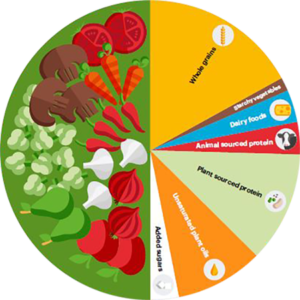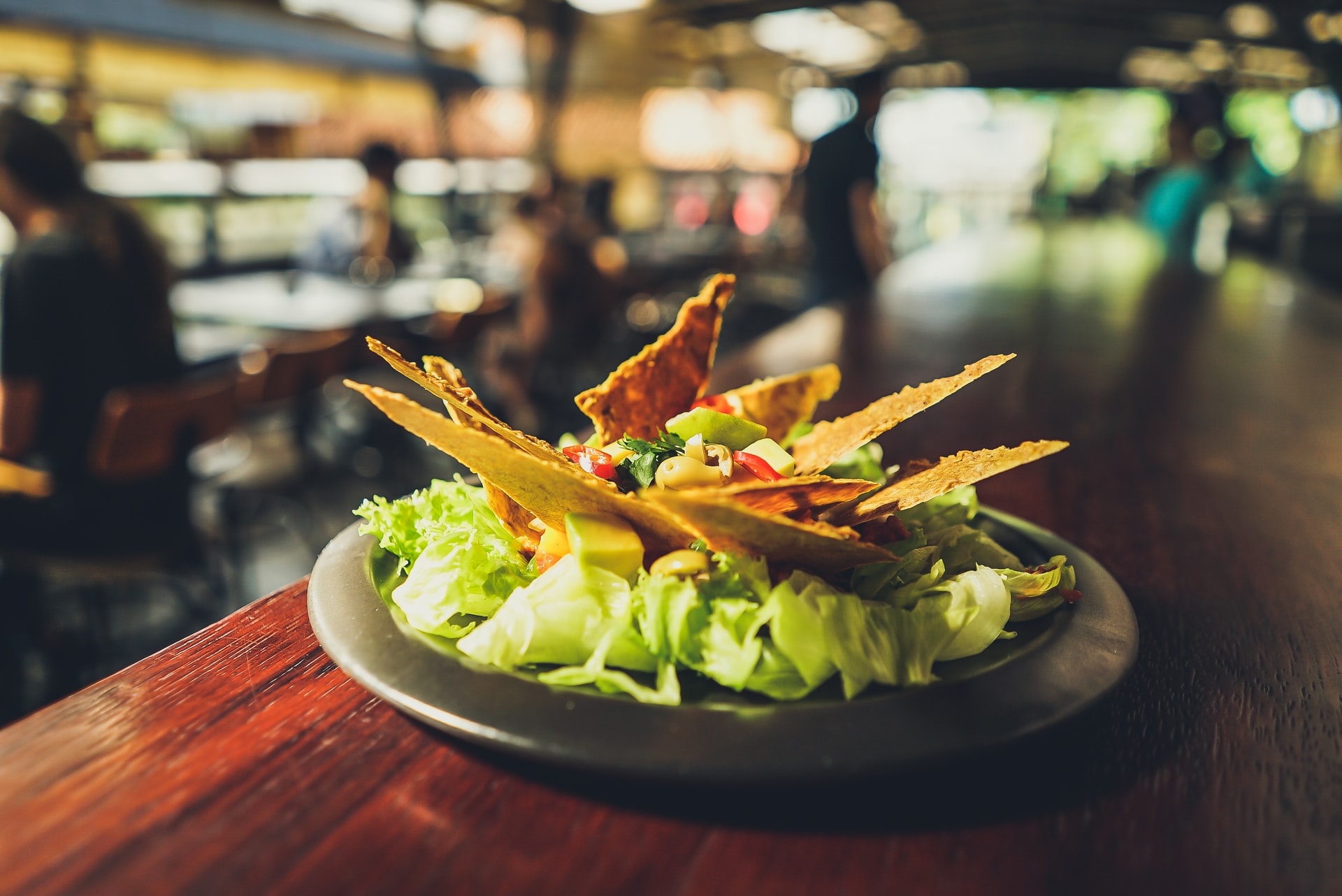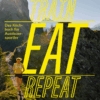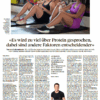If we learn how to take action in difficult situations like the current Corona-crisis, we can gain control and own our own future. That’s why I want to elaborate on a topic with quite a long lead-time today. The renowned journal “The Lancet” runs a commission of high-brow scientists called EAT. The panel was mandated to issue recommendations on how our diet and global agriculture can be adapted in the next three decades to feed a global population of 11 billion people while staying within the planet’s tolerable boundaries.
While every culture has their own staple foods and typical diets, this study presents a global average recommendation that ticks both boxes: the planet’s health and the one of a healthy diet. Three major changes stand out in the EAT recommendation:
- Doubling in the consumption of healthy foods such as fruits, vegetables, legumes and nuts
- Greater than 50% reduction in global consumption of less healthy foods such as added sugars and red meat (i.e. primarily by reducing excessive consumption in wealthier countries)
- Reduction of food loss and food waste on all levels of the value chain
To put this into perspective, I ran the exact numbers of their recommendation in my database: Their daily energy intake would sum up to 2500 kcal per day – this means we will not be hungry or short of energy! This amount consists of 50% carbs, 35% fat and 15% protein. With a wealth of nutrient-dense foods like fruit & veg, healthy fats and complex carbs we would be well nourished and don’t need to be hungry. Even the amount of protein would be sufficient for most of us with approximately 1.2 – 1.4g/kg.
What stands out is that even for athletes with periodically increased demands for certain nutrients (carbs, protein, vitamins and miner als) it would possible to cover all needs – a closer look to assure quality of nutrients such as amino acids score, iron or calcium would be necessary, but this scenario is definitely working!
als) it would possible to cover all needs – a closer look to assure quality of nutrients such as amino acids score, iron or calcium would be necessary, but this scenario is definitely working!
The new dietary habits rely on in-depth education of the individual – healthy, adequate choices is a matter of responsibility and knowledge. This can be achieved in schools and through expert dietitians. The bigger hurdle will be to overcome the resistance of governments and agricultural lobbyists that have a keen interest on certain crops and fear change. Looking at the climate discussion there is still a missing buy in of several big players…
Maybe a global crisis like the current Covid-19-siege can unite humanity better for global commitments – until then, be brave and curious and try the “new approach” today with tasty recipes here or read the entire report here.




